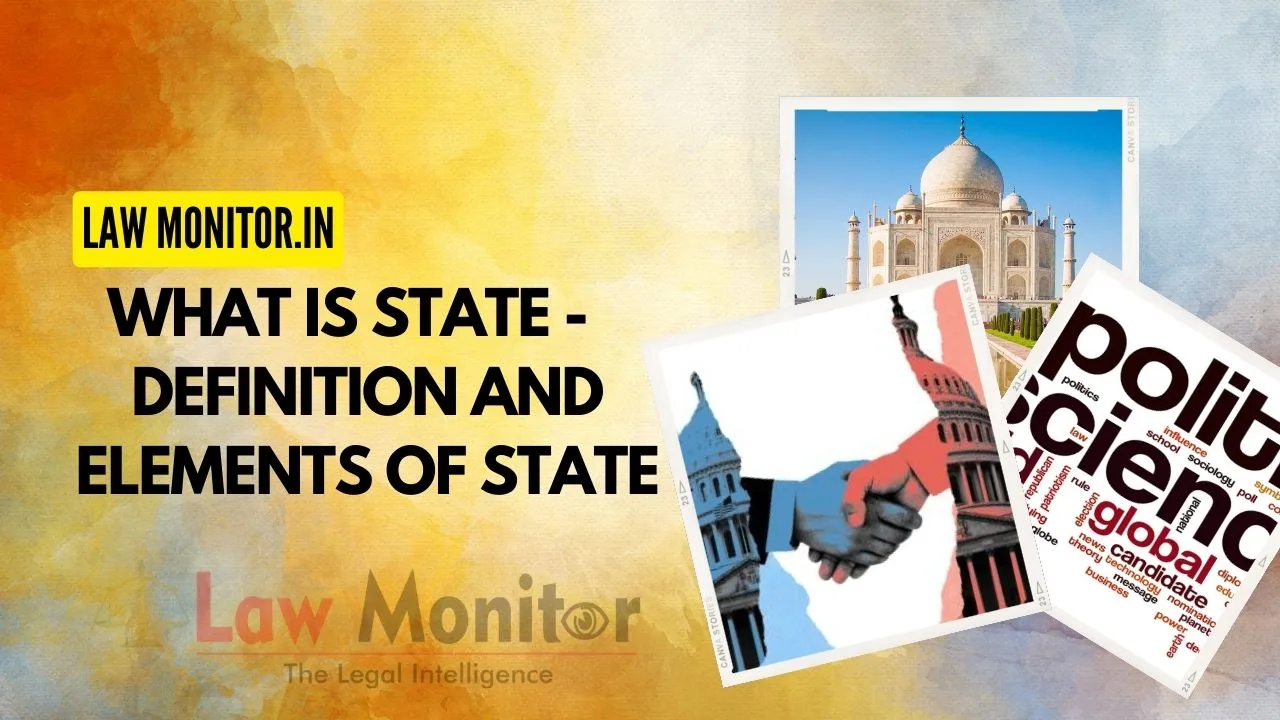Many scholars have defined state in various ways. Even today modern day scholars attempt to define state taking into account its modern functions
In 4th century B.C. Aristotle, who is regarded as `Father of Political Science’ had defined state. According to him, ‘State is a union of families and villages having for its end a perfect and self sufficing life, by which we mean a happy and honorable life.’
More definitions of the State
Holland:- State is a Politically organized people of a definite territory.
Prof Woodrow Wilson, State is a People organized for law within a definite territory.
Dr. J.W.Garner,As a concept of Political Science, the State is a community of persons more or less numerous, permanently occupying a definite portion of territory, independent or nearly so, of external control and possessing an organized government to which the great body of inhabitants render habitual obedience.”
Prof. Harold Laski, `The State is a territorial society divided into government and subjects claiming within its allotted physical area, a supremacy over all other institutions.
Elements of the State :-
4 constituent Elements which are essential for the State are:
- Population
- territory
- government
- Sovereignty.
1. Population –
We cannot imagine a State without population. How much population is an issue that can be debated. For example, India is over populated State whereas Austria is under populated State.
2. Territory –
- Like without population, we cannot think of a State without territory. A State can exercise its authority over well defined territory.
- Fixed Territory is necessary for legal purpose. A State has control over land, water, mineral wealth and air space.
3. Government –
- Without government, the state will be directionless. Here the form of government does not matter. It could be a Presidential System, one-party rule or even a dictatorship, there has to be a government.
- In other words, the government is nothing but the implementing arm of the state.
- The government is that system through which the state expresses its will.
- The government makes laws, punishes lawbreakers, and promotes the welfare of people.
4. Sovereignty –
- Scholars believe that sovereignty is the soul of state.
- Before 15th august 1947, India had territory, population and government. But it did not have sovereignty. It shows the importance of sovereignty
- It has two aspect (i) internal and (ii) external.
- In internal sovereignty, the state has ultimate, unlimited power within its territory.
- Under external sovereignty, it means a state is free from external control. It can enter into international treaties.
Check Your Progress
- What do you mean by State?
- What are the elements of the State?



